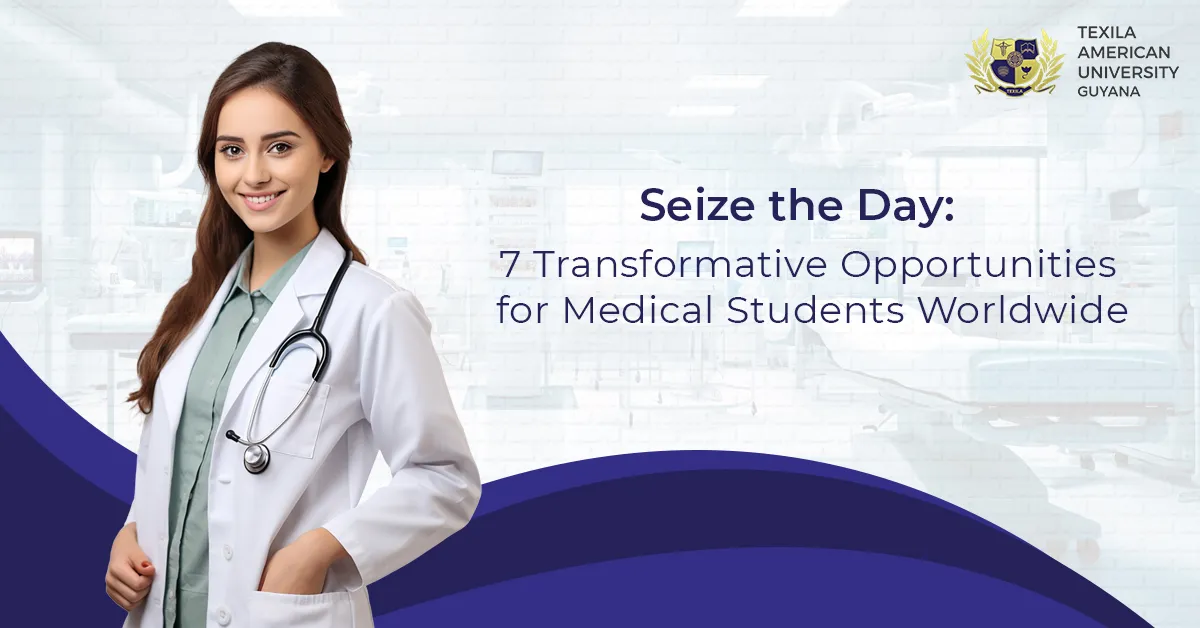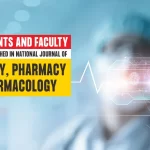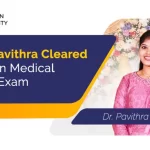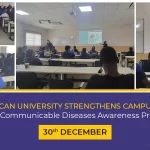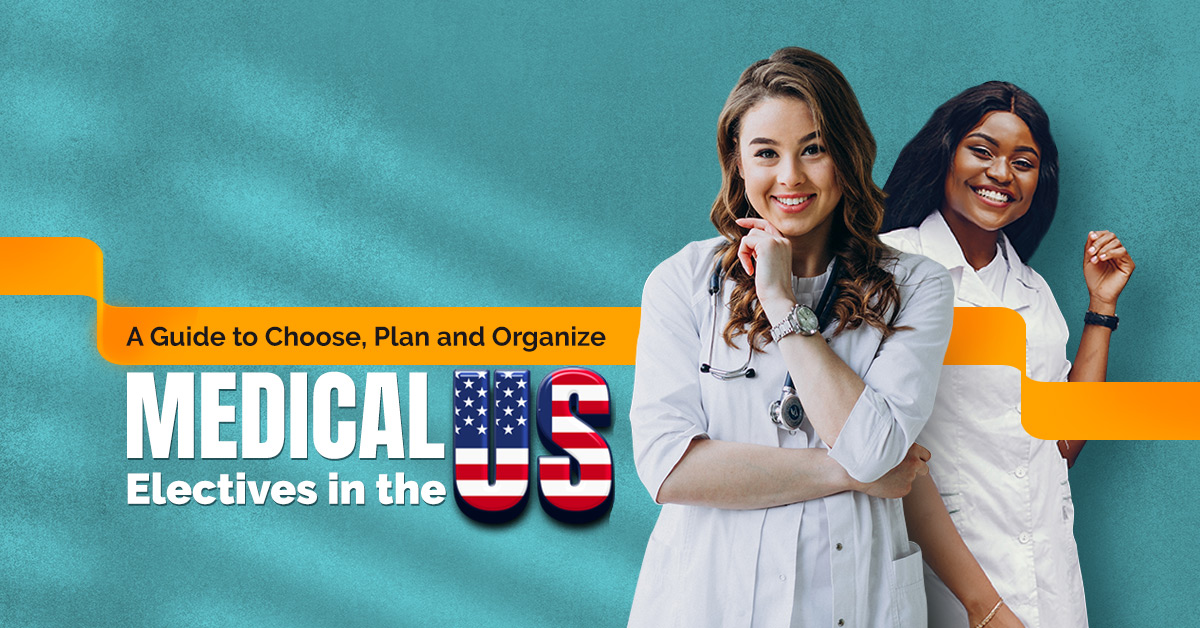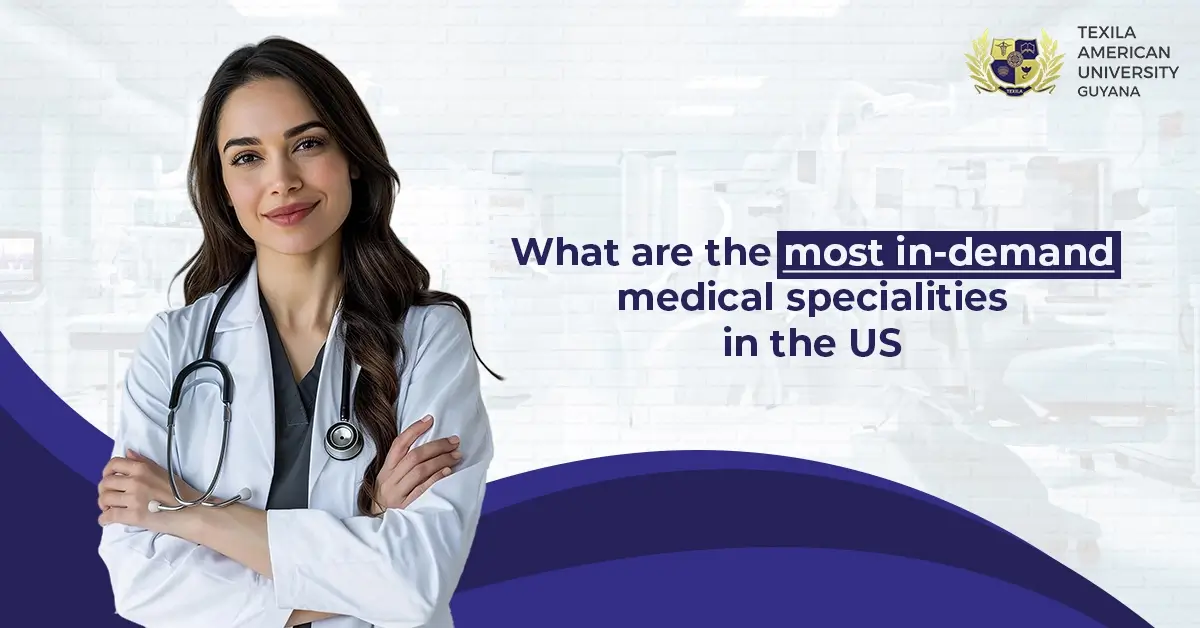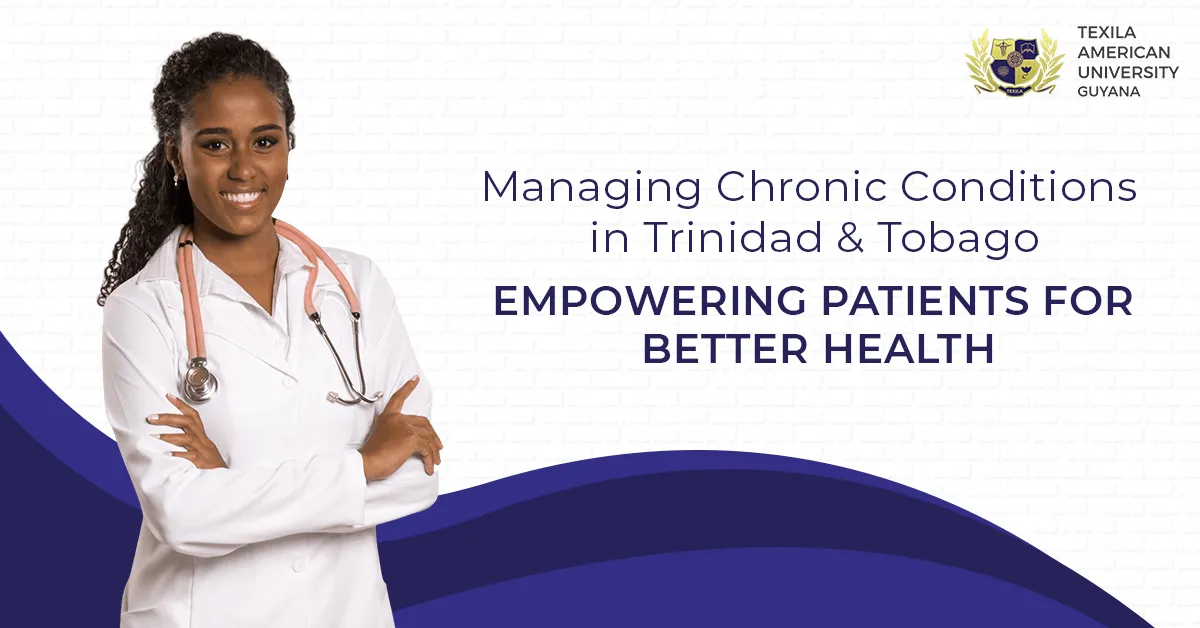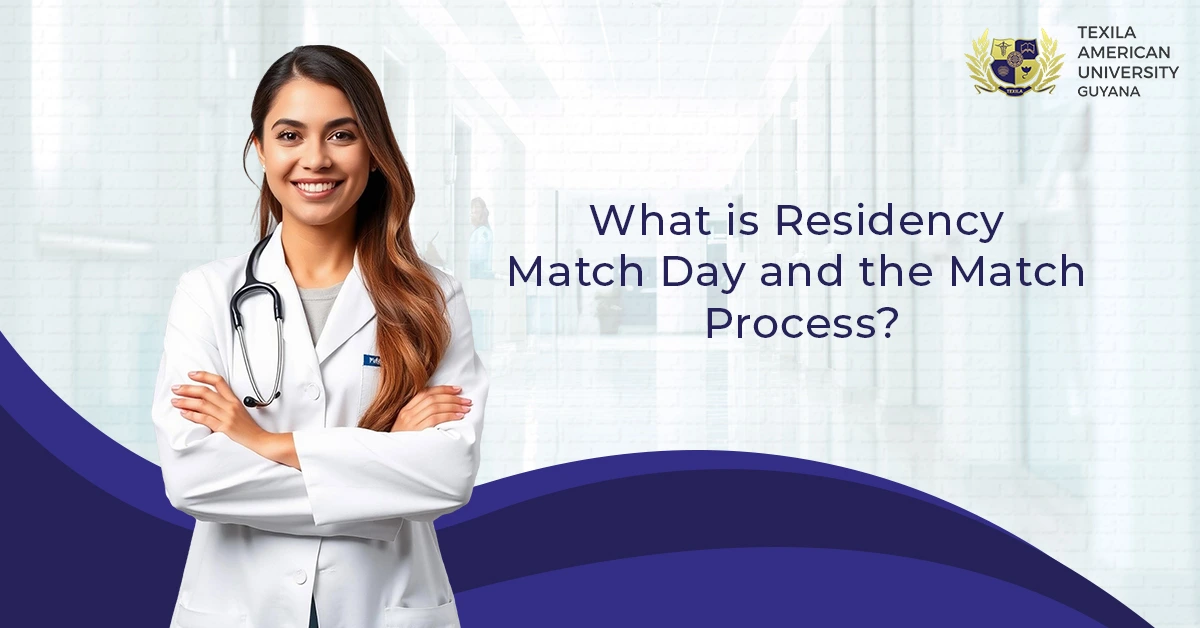Medical education offers diverse opportunities for Medical Students to enrich their learning journey and make a global impact. Volunteering abroad with organizations like Doctors Without Borders provides essential healthcare services while fostering cultural competence. Engaging in research develops critical skills and contributes to medical innovation. Attending medical conferences facilitates networking and learning about the latest advancements. Medical electives offer hands-on clinical experience in diverse settings. Mentorship programs guide students through their medical careers. Global health experiences empower students to address healthcare disparities and advocate for underserved populations. Entrepreneurship in healthcare allows students to innovate and drive positive change. By seizing these opportunities, medical students can become compassionate, competent, and socially conscious physicians, making a meaningful difference in communities worldwide.
Introduction: Embracing Opportunities in Medical Education
Medical education goes beyond the classroom, offering many transformative opportunities for students eager to expand their horizons and make a meaningful impact on global health. From volunteering abroad to engaging in research and mentorship programs, here are seven transformative opportunities that medical students can seize to enrich their learning journey.
Volunteering Abroad: Making a Global Impact
- Finding Volunteer Opportunities : Volunteering abroad allows medical students to make a tangible difference in underserved communities around the world. Organizations like Doctors Without Borders and Volunteers in Doctor of medicine offer opportunities for students to participate in medical missions, providing essential healthcare services to those in need.
- Gaining Cultural Competence: In addition to providing much-needed medical care, volunteering abroad allows students to gain cultural competence and a deeper understanding of healthcare disparities. Immersing oneself in different cultures and healthcare systems fosters empathy, flexibility, and adaptability, which are essential for future physicians.
Research Opportunities: Expanding Horizons in Medicine
- Finding Research Programs : Engaging in research allows medical students to contribute to advancing MD Program knowledge and innovation. Universities, hospitals, and research institutes offer various research opportunities in multiple fields, from basic science to clinical research and public health.
- Developing Research Skills : Participating in research projects helps students develop critical thinking, problem-solving, and analytical skills essential for evidence-based practice. From designing experiments to analyzing data and disseminating findings, research experiences prepare students for physician-scientists and academic clinicians careers.
Medical Conferences: Networking and Learning Opportunities
- Attending Local and International Conferences : Medical conferences provide valuable opportunities for students to network with peers, faculty, and healthcare professionals worldwide. These events offer a platform for learning about the latest medical developments, exchanging ideas, and forging collaborations.
- Presenting Research and Insights : Presenting research at medical school conferences allows students to showcase their work, receive expert feedback, and gain recognition for their contributions to the field. It also provides valuable experience in public speaking and academic dissemination, essential skills for future leaders in healthcare.
Medical Electives: Broadening Clinical Experience
- Choosing the Right Elective Program : Medical electives offer students the chance to gain hands-on clinical experience in different specialities and settings. Whether volunteering in rural clinics, shadowing physicians in urban hospitals, or participating in international electives, students can tailor their experiences to explore their interests and career goals.
- Learning from Different Healthcare Systems : Experiencing healthcare delivery in diverse settings exposes students to a wide range of patient populations, diseases, and healthcare challenges. It fosters adaptability, cultural humility, and a global perspective, preparing students to practice medicine in an increasingly interconnected world.
Mentorship Programs: Guiding the Next Generation of Physicians
- Connecting with Mentors : Mentorship programs pair students with experienced physicians who provide guidance, support, and career advice. Mentors serve as role models, offering insights into various medicine program specialities, navigating the residency match process, and achieving work-life balance.
- Receiving Guidance and Support : Having a mentor can significantly impact a student’s personal and professional development, providing encouragement during challenging times and celebrating successes along the way. Mentorship fosters a sense of belonging and community within the medical profession, empowering students to thrive as future physicians.
Global Health Experiences: Addressing Healthcare Disparities
- Participating in Outreach Programs: Global health experiences allow students to address healthcare disparities and advocate for underserved populations both locally and internationally. Whether conducting community health assessments, implementing health education initiatives, or advocating for policy changes, students can make a meaningful impact on public health.
- Advocating for Public Health Initiatives: Engaging in global health experiences inspires students to advocate for health equity and social justice, address the root causes of health disparities, and promote health for all. It instils a sense of responsibility and activism, empowering students to become agents of change in their communities and beyond.
Entrepreneurship in Healthcare
- Innovating Solutions to Healthcare Challenges : Entrepreneurship in healthcare offers medical students the opportunity to innovate and create solutions to pressing healthcare challenges. Whether developing medical devices, healthcare technologies, or healthcare delivery models, entrepreneurial ventures can drive positive change, improve patient outcomes, and transform the healthcare landscape.
- Resources for Aspiring Medical Entrepreneurs : Explore resources and support networks for aspiring medical entrepreneurs, including incubators, accelerators, entrepreneurship programs, and mentorship opportunities. Build interdisciplinary collaborations, leverage your doctor of medicine degree knowledge and clinical insights, and seize opportunities to turn your innovative ideas into impactful ventures that benefit patients and communities.
Conclusion
Seizing transformative opportunities in medical education opens doors to personal growth, professional development, and global citizenship. By volunteering abroad, engaging in research, attending conferences, participating in electives, seeking mentorship, and advocating for global health, medical students can broaden their horizons, positively impact the world, and become compassionate, competent, and socially conscious physicians.
FAQs
How can medical students find volunteering opportunities abroad?
Medical students can find volunteering opportunities abroad through organizations such as Doctors Without Borders, Volunteers in Medicine, and international NGOs focused on healthcare and humanitarian aid. Many universities and medical schools also offer global health programs and partnerships with organizations abroad.
What are the benefits of researching as a medical student?
Engaging in research as a medical student provides numerous benefits, including developing critical thinking and analytical skills, contributing to medical knowledge and innovation, building a competitive residency application, and exploring potential career paths in academic medicine and research.
How can medical students make the most of attending medical conferences?
To make the most of attending medical conferences, medical students should actively participate in sessions, network with peers and faculty, engage in poster presentations or oral abstracts, seek out mentorship opportunities, and stay updated on the latest developments in their field of interest.
What are the considerations when choosing a medical elective program?
When choosing a medical elective program, students should consider location, speciality, duration, educational objectives, cultural immersion opportunities, language proficiency requirements, and logistical considerations such as housing, transportation, and safety Just take a Look Texila.
How can medical students benefit from mentorship programs?
Mentorship programs offer medical students guidance, support, career advice, networking opportunities, and role modelling from experienced physicians. Mentors can provide insights into various specialities, assist with residency applications, offer emotional support, and help students navigate the challenges of medical training and career development.

